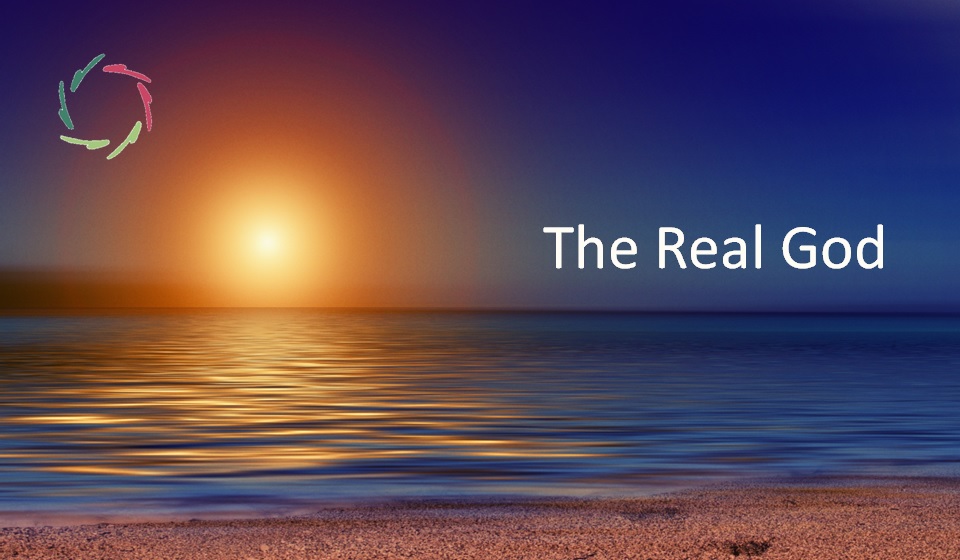Religion vs. ‘Meaningless Humanism’

This tension has been brewing for centuries on a global scale. With deeper insight into the human being, we can get beyond. Let’s do so.
Some history
For at least some 350 years, there has been a movement in the West that wanted to emancipate the human being from what was felt by many as obscure and manipulative religiosity.
At first, most humanists were religious, searching for better ways to value the human being in relation to God.
Bit by bit, the human being was emancipated toward outside the realm of religion ― with the help of science. Until famously, P-S Laplace (polymath, 1749-1827) answered to Napoleon’s question about the place of God: “God? I have no need for such a hypothesis. It may explain everything but predicts nothing.”
Thus, the human being was put on his own two feet ― no wings anymore.
Religious faith was transplanted somehow into faith in progress. Consequently, an immense amount of energy went into the latter with huge achievements in many scientific domains. Man was/is going to shape his own final destiny.
And it will be a technological one, so goes the momentum. Ha! Will the returning Christ be the ultimate technocrat?
To many religious people, this seems totally devoid of deep meaningfulness ― putting religion unavoidably against ‘meaningless humanism.’
Indeed, there is no meaning in a purely materialistic universe.
Moreover, together with meaningfulness, morality also seems to go down the drain. Why would anyone try to be good if there is no meaning to it ― for instance if the laws of physics strictly predetermine everything in the universe?
Intriguingly, the latter would also take out all freedom of the human being. Thus, we end with human importance: nothing at all. The annihilation of God (famously, “God is dead!”) goes together with the annihilation of human worthiness.
Not surprisingly, this leads to much existential stress, individually and socially. The meaning crisis is one symptom of this.
So, back to religion?
Absolutely.
Or better said, not ‘back to,’ but forward to religion. We shouldn’t go back to something devoid of (even the striving for) serious rationality. As you may know, the progress in this field is the endeavor of Open Religion.
Wanting a God doesn’t create a God. Sorry, it never did. Also, as Laplace mentioned, we don’t need such a hypothesis, but we all need sacredness. The beauty is that we can get this without leaving rationality. Even better, rationality helps us in getting there.
Thus, we come to humanism of modern times, with the responsibility to shape the future of humanity as a global endeavor.
Imagine.


